Violence against women is preventable: it shouldn’t be the norm – UNDP Uzbekistan
The United Nations Development Programme (UNDP) is the UN’s global development network, operating in 170 countries to support nations in building sustainable and resilient societies. UNDP focuses on key development areas such as poverty alleviation, environmental protection, and governance. In Uzbekistan, the organization has been active since 1993, implementing programs to address development challenges, such as climate adaptation, effective governance, gender equality, access to justice, inclusive growth and support of economic diversification. With offices in Tashkent, Nukus and Namangan as well as project offices in other regions, UNDP Uzbekistan works with local and central government institutions as well as civil societies and local communities to support the country’s reform agenda by providing insights with global expertise.
Uzbekistan’s opportunities and challenges
With over 60% of its population under 30, Uzbekistan boasts a demographic advantage that positions it as a hub for innovation and economic growth. This youthful population, according to the UNDP Resident Representative, is a vital resource in addressing the country’s development challenges. However, rapid growth has also revealed areas requiring improvement, including inequalities in education, employment, and resource access.
Climate change further compounds these issues. Unlike small island nations where rising sea levels dominate concerns, Uzbekistan faces challenges such as water scarcity, land degradation, and the increasing frequency of sandstorms. The melting glaciers of the Hindu Kush exacerbate water shortages, making resource management a critical focus for development efforts.
UNDP’s approach in Uzbekistan
The UNDP in Uzbekistan follows a structured approach, combining policy advocacy with on-the-ground implementation. Its five-year development plans align with government priorities while integrating feedback from civil society, international partners, and local communities. The current development program, active until 2025, emphasizes sustainability, equality, and climate resilience.
UNDP operates at both national and regional levels. With projects spanning all regions of Uzbekistan, the organization ensures its strategies address local needs while contributing to overarching policy goals.
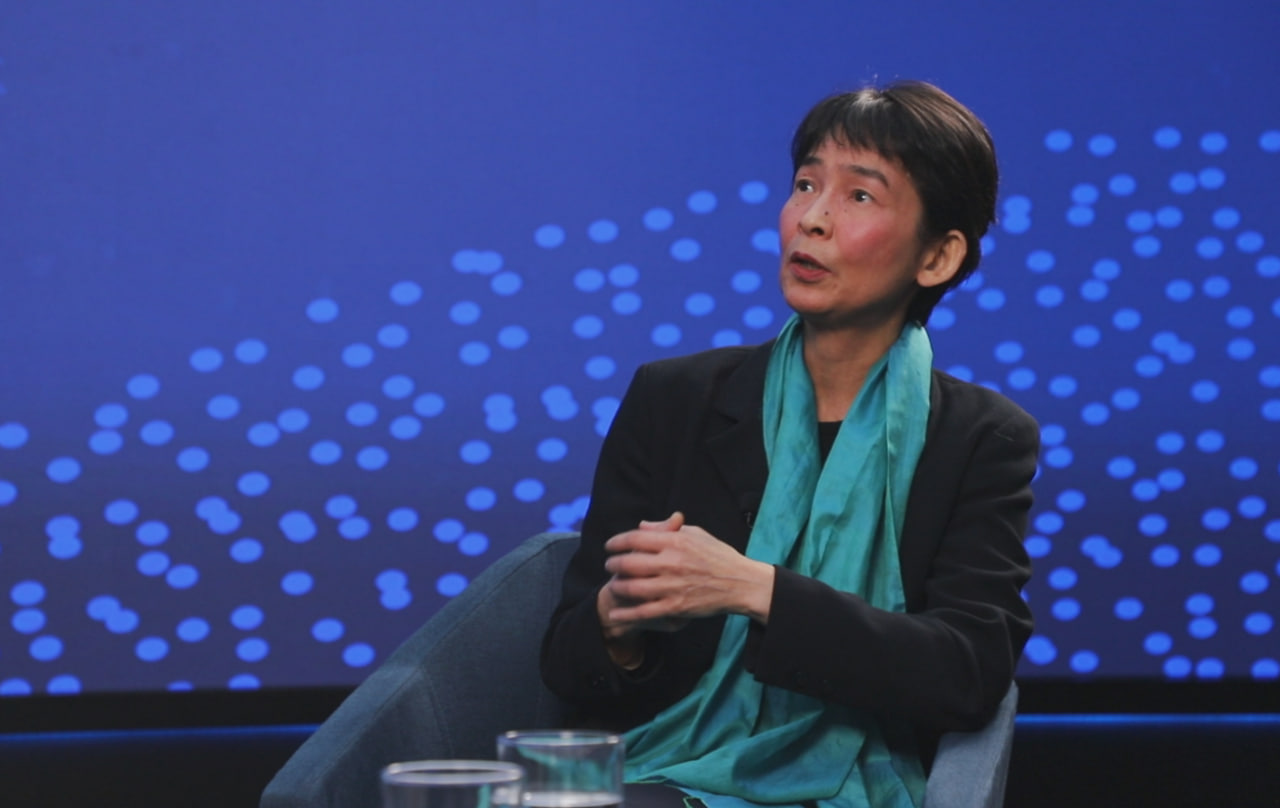
Climate change and water resource management
Water scarcity stands out as one of Uzbekistan’s most pressing concerns. Frequent droughts and the retreat of glaciers have heightened the need for sustainable water management. UNDP’s initiatives focus on policy reforms to ensure equitable water distribution and support for agricultural systems vulnerable to climate change.
In addition, the organization works with local communities to implement practices that mitigate land degradation and combat desertification.
Gender equality in Uzbekistan
Gender equality is a significant area of focus for UNDP in Uzbekistan. While progress has been made, such as an increase in women’s representation in political offices, persistent challenges remain. Gender-based violence continues to affect women across the country. According to Ms. Fujii, gender-based violence is often compounded by societal norms and limited access to resources, especially in rural areas.
The UNDP has supported the adoption of laws criminalizing gender-based violence in Uzbekistan, aligning them with international standards. However, ensuring the effective implementation of these laws requires capacity building and community engagement, says Ms. Akiko Fujii. Awareness campaigns, such as the annual 16 Days of Activism Against Gender-Based Violence, aim to educate the public on the importance of gender equality and the need to prevent violence.
In partnership with the Ministry of Justice, UNDP also facilitates access to free legal aid for women in rural areas, addressing gaps in support systems and empowering women to seek justice.
Engaging Uzbekistan’s youth
UNDP sees Uzbekistan’s youth as key drivers of change. Through initiatives such as summer internship programs, entrepreneurship training, and digital economy workshops, the organization equips young people with the skills needed to thrive in a competitive global landscape.
Special attention is given to rural youth, ensuring equitable access to education, technology, and market opportunities. Recent programs have focused on fostering startups and connecting young entrepreneurs with global networks, particularly in the FinTech and digital economy sectors.
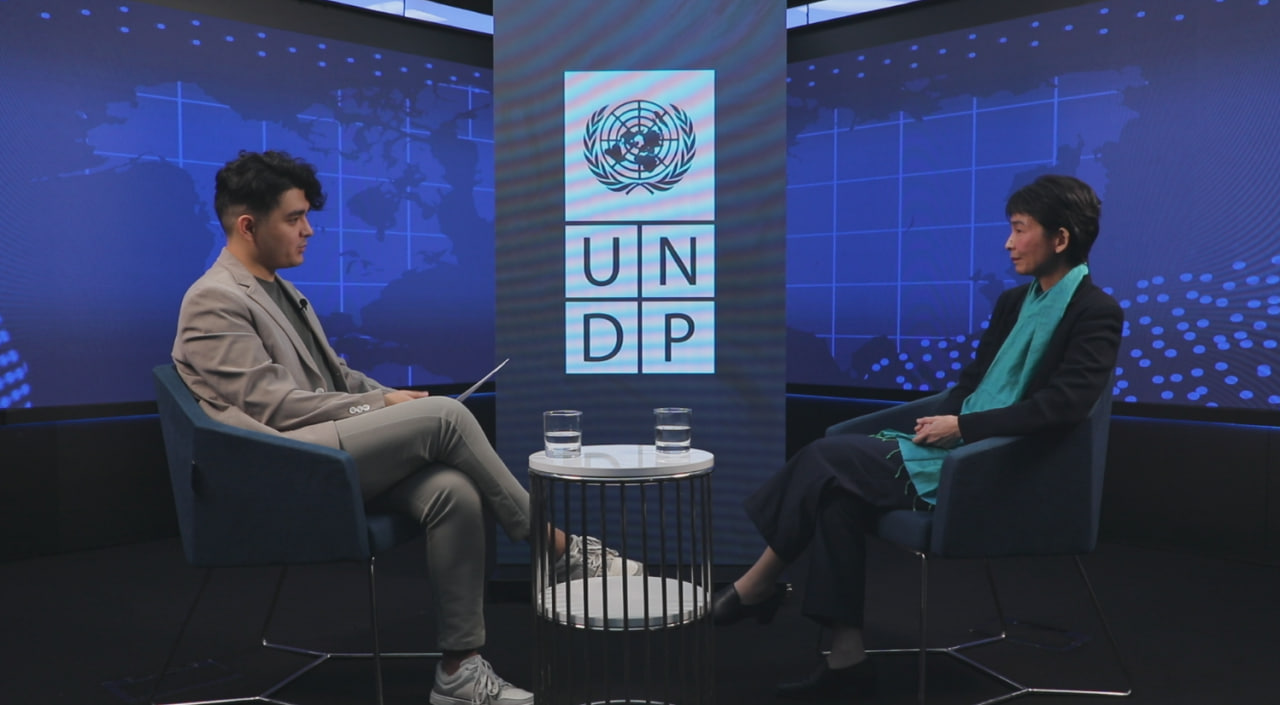
Sustainability and development goals
UNDP’s work in Uzbekistan aligns with the country’s broader reform agenda, emphasizing sustainability and equity. Key priorities include promoting green development, addressing economic disparities, and ensuring that policies benefit all segments of society.
The Resident Representative Ms. Fujii highlighted the importance of long-term planning, noting that the next five-year development program (2026-2030) is already in the design phase. This plan will build on the achievements of the current framework while addressing emerging challenges.
UNDP’s efforts in Uzbekistan reflect its commitment to fostering inclusive and sustainable development. By addressing critical issues such as climate change, gender equality, and youth engagement, the organization is supporting the country’s reforms and long-term growth.
Recommended
List of streets and intersections being repaired in Tashkent published
SOCIETY | 19:12 / 16.05.2024
Uzbekistan's flag flies high on Oceania's tallest volcano
SOCIETY | 17:54 / 15.05.2024
New tariffs to be introduced in Tashkent public transport
SOCIETY | 14:55 / 05.05.2023
Onix and Tracker cars withdrawn from sale
BUSINESS | 10:20 / 05.05.2023
Latest news
-
Uzbekistan's consulate in Istanbul warns citizens of fake job offers in Türkiye
SOCIETY | 18:33 / 12.04.2025
-
MIA clarifies rules on delayed traffic fine notifications
SOCIETY | 13:03 / 12.04.2025
-
“Helping neighbors is a moral duty” – Tokayev vows support for neighbors and balanced foreign policy
SOCIETY | 11:53 / 12.04.2025
-
MP Alisher Kadirov proposes stricter laws against online defamation and manipulation
SOCIETY | 11:38 / 12.04.2025
Related News
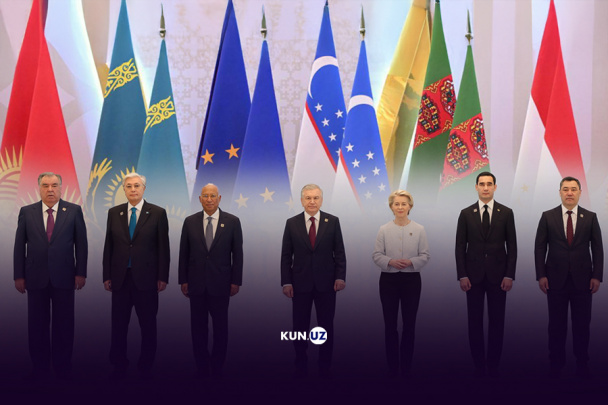
19:10 / 09.04.2025
Strategic partnership, transport corridors, critical minerals and more – Samarkand summit highlights
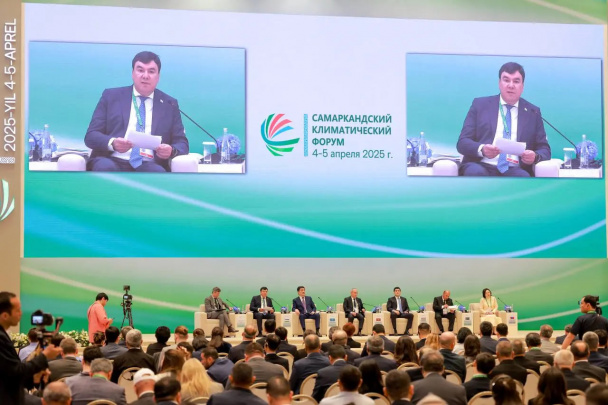
18:43 / 08.04.2025
Samarkand Climate Forum sets stage for global climate action
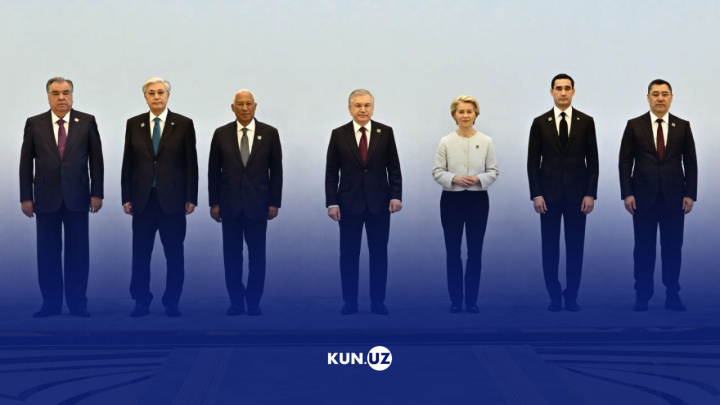
13:05 / 05.04.2025
Ukraine, Afghanistan, energy, transport corridors, and raw materials – What issues considered in Samarkand summit

19:10 / 24.03.2025



